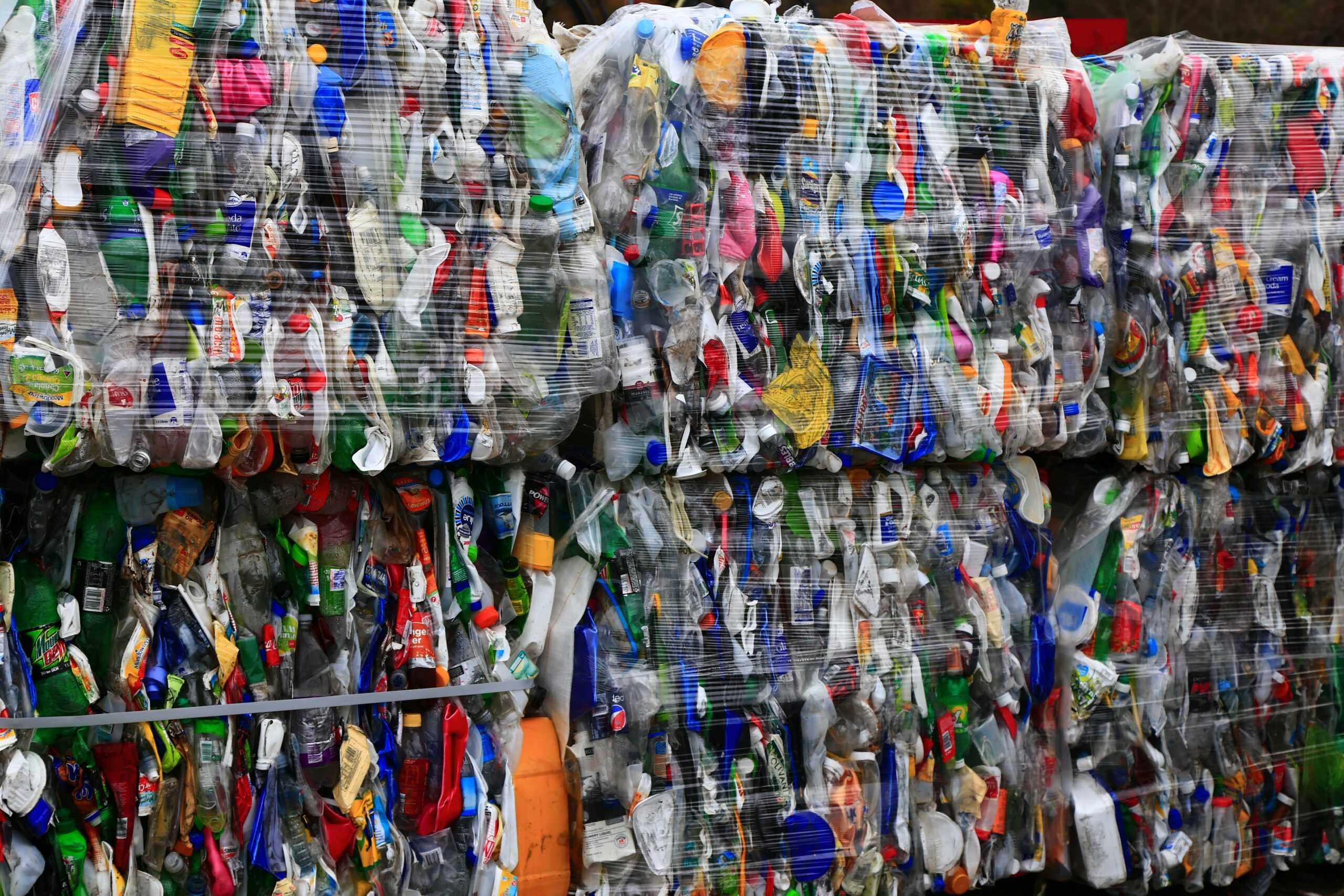Environment Tech
Naspers joins
Plastics Pact
The South African Plastics Pact aims to reduce plastic waste across the value chain by, among other, ensuring 100% of plastic packaging is reusable.
Naspers, and its subsidiary businesses, Takealot and Media24, have joined the South African Plastics Pact, an industry collaboration to reduce plastic packaging waste.
The Pact includes packaging producers, brand owners, retailers, recyclers, governments and NGOs, who have agreed to work towards creating a “circular economy” for plastics, meaning that packaging material is reused and does not end up in landfills.
The SA Plastics Pact was launched in 2020 as part of The Ellen MacArthur Foundation’s New Plastics Economy initiative. It is managed by a green economy non-profit, GreenCape. It currently has 44 members, representing key organisations across the plastics value chain, including Unilever, Woolworths, Clicks, Food Lovers Market, Spar and Pick n Pay.

The SA Plastics Pact aims to transform the country’s plastic packaging use by meeting four ambitious targets:
- Taking action on problematic or unnecessary plastic packaging through redesign, innovation or alternative (re-use) delivery models
- Ensuring 100% of plastic packaging is reusable, recyclable or compostable
- Establishing a 70% of effective recycling rate for plastic packaging
- Inclusion of an average of 30% recycled content across all plastic packaging
In 2021, 34.7-million problematic or unnecessary plastic items were removed, eliminated or replaced with more suitable alternatives by members of the SA Plastics Pact, with 81.2% of their plastic packaging placed on the market currently being recycled.
“We know that plastic and packaging waste is a global problem that requires local solutions and systems to tackle it successfully,” says Phuthi Mahanyele-Dabengwa, South Africa CEO of Naspers. “At Naspers, we are committed to being part of the solution as we move faster towards a circular economy for plastics.”
Joining the SA Plastics Pact coincides with the publication of Naspers and Prosus’s Scaling Sustainable Packaging – 10 Golden Rules report, which takes a comprehensive look at packaging used across global delivery platforms and offers 10 golden rules for the sector to increase its use of sustainable packaging and lower its waste footprint.
The report has a dedicated section on the packaging landscape in South Africa, revealing the following trends:
- A rise in South Africa’s population and urbanisation has resulted in a surge in per capita waste generation, with consequent stress on current landfills and significant waste leakage into the environment.
- As in many developing countries, the informal sector is a critical part of South Africa’s recycling economy with 60,000 to 90,000 people earning their livelihoods from informal waste picking.
- Although very critical to the value chain, only 3.6% of plastics recyclables are obtained directly from waste pickers.
- The South African market is still highly dominated by virgin plastics – in 2020, South Africa consumed approximately 1.74-million tonnes of plastic polymers, showing an opportunity to increase recycling.
Despite these challenges, South Africa is showing a proactive response to the growing concern around waste and its impact with South African businesses using innovative tools to help drive the reduction in plastic and packaging waste.
Takealot, for example, has installed recycling stations at its two flagship pickup points and plans to roll these out to 90 new pickup points. Takealot recycles 98% of its onsite waste, ensures that all of its paper packaging suppliers are FSC certified and promotes recycling instructions on all of its packaging. Among several other ways to reduce packaging, the company also ships certain categories of products, such as air fryers and microwaves, in their original packaging, avoiding the use of transportation boxes, thereby eliminating the need for double packaging.
Media24 Logistics has invested in onsite conveyor systems to sort and bail plastics and cardboard boxes at its warehouses to manage all its inbound packaging, with more than 98% of all packaging material recycled. The company is also replacing unrecyclable plastic void fill and plastic tape with sustainably-sourced paper or packaging manufactured from recycled materials. On the Dot, its media logistics business, has switched to biodegradable plastic for its subscriber packaging.
Prajna Khanna, global head of sustainability at Naspers and Prosus, says: “We recognise the opportunities for our platform businesses, like Takealot and Media24, to help improve the entire packaging ecosystem. These companies are developing innovative solutions and becoming a source of inspiration for market peers and business partners alike.
“While there is still much work to be done, the progress made so far is a positive sign that South Africa is moving towards a more environmentally responsible future.”


















